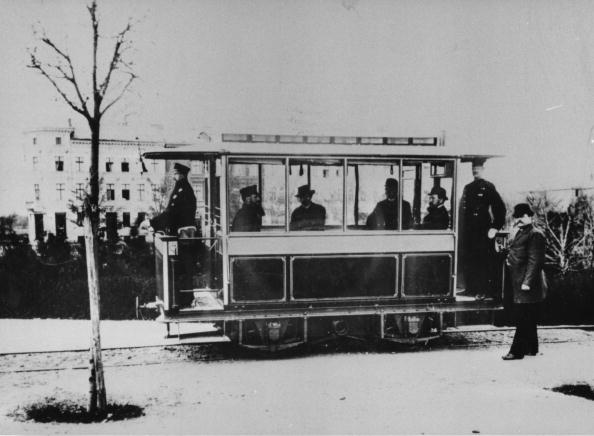 Apparently, Canberrans have decisively voted for a light rail. At least this is how various commentators have interpreted last weekend’s ACT election result.
Apparently, Canberrans have decisively voted for a light rail. At least this is how various commentators have interpreted last weekend’s ACT election result.
But a better view is that Canberrans have voted for spin, for style over substance.
We might think Australians had been inoculated against spin after having over-abundance under Kevin Rudd. Or that the higher income and higher education levels of the ACT would act as a better vaccine against spin. Wrong on both counts.
The substantial issues with the rail were (effectively) dismissed by ACT residents.
Canberrans dismissed the large blowouts in the cost of the project, which call into question one side of cost-benefit calculations. They ignored the risks from the project’s extraordinary size — one estimate is that the project, when finally completed, will be 6 to 12 times larger than the NBN as a share of the ACT economy.
Canberrans effectively dismissed a study from the current ACT government itself showing improved bus infrastructure would have a much greater benefit-cost ratio than light rail. The Productivity Commission pointedly criticised the ACT government’s obstinate decision to ignore this study and go with rail over buses. Perhaps the Commission neglected to factor in the feel-good effect of trains. That more than offsets any tangible benefit of buses, doesn’t it?
ACT residents are also blithely dismissive of the environmental damage caused by the supposedly green project. At least 860 trees are being cut down; but this is okay because the project is Greens-inspired. There are plans for planting replacement trees, but Greens usually are strenuous in their opposition to other projects where trees are cut down with replacement. And homeowners and farmers find it hard to get approval for a similar approach on their own land. Furthermore, the greenhouse benefits of light rail are arguably greatly overstated compared to the bus alternative.
But wait… There’s more.
Canberrans (bless their hearts) also seemed to ignore the evidence that buses in the city are largely devoid of passengers, raising doubts about the benefits of a large expansion in public transport capacity. They apparently ignored the problems with the argument that construction and operation will create many jobs — this claim ignores the low ACT unemployment rate, which means it is more likely that workers will leave other jobs to work on the rail project.
And Canberrans kept themselves blithely ignorant of the highly questionable assumptions about non-transport benefits such as economies of scale and increased tax revenue. These benefits make up a large part of the total benefits of the project, a key concern raised by the ACT Auditor-General in an unsympathetic report on the project.
But don’t worry about these substantive issues. The people of Canberra have voted for spin, their own version of reality. Because we all know democracy is about voting for facts, right?
Michael Potter is a research fellow in the Economics Program at the Centre for Independent Studies
Got something to add? Join the discussion and comment below.
Get 10 issues for just $10
Subscribe to The Spectator Australia today for the next 10 magazine issues, plus full online access, for just $10.

























Comments
Don't miss out
Join the conversation with other Spectator Australia readers. Subscribe to leave a comment.
SUBSCRIBEAlready a subscriber? Log in